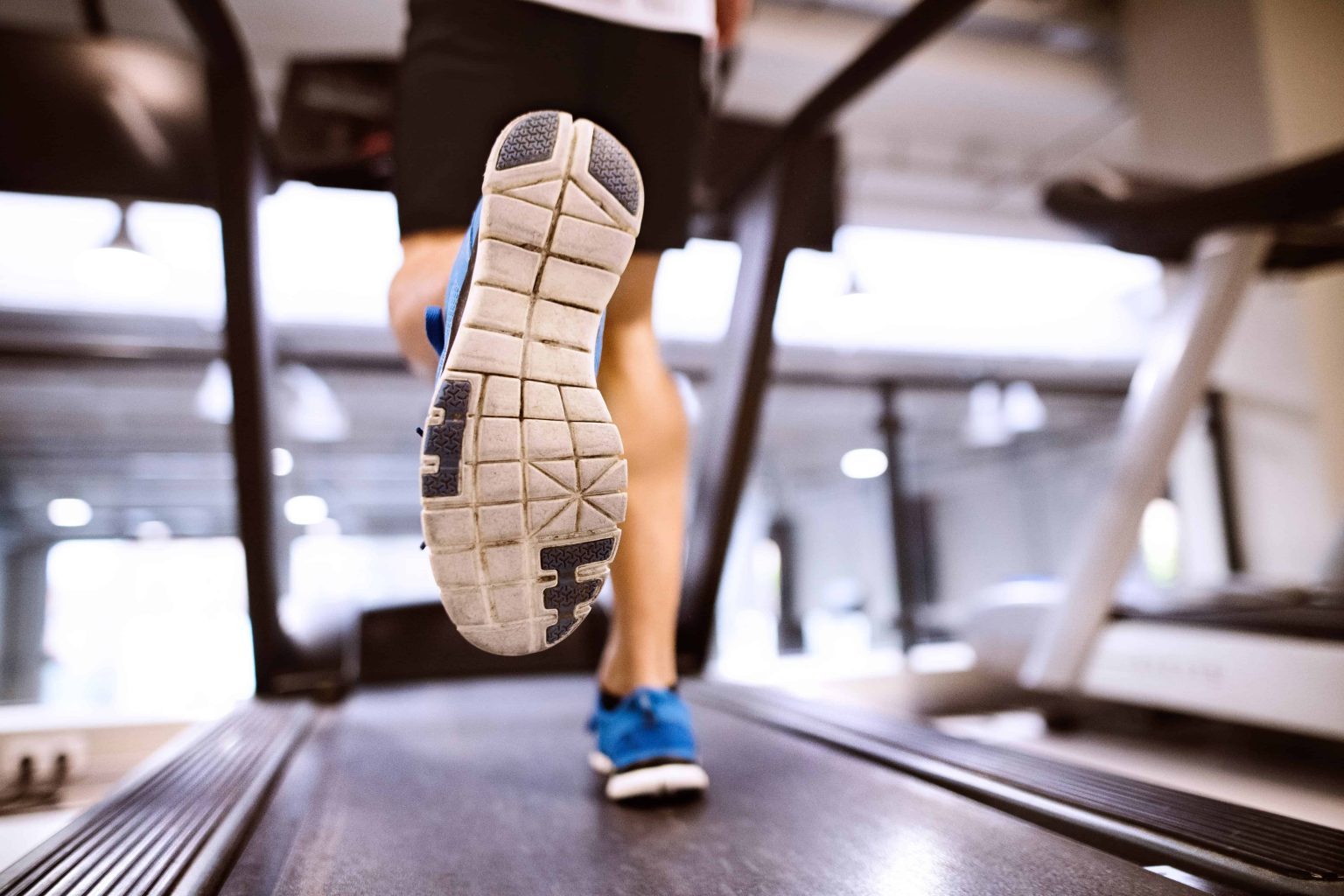5 Ways to Supercharge Your Post-Workout Recovery
Guest Blog Post By Samantha Olivier
No matter how well-planned your workout program is, one cannot achieve their desired progress without an adequate recovery process. You might motivate yourself to train harder and push yourself to the limits, but without recovery, one increases the risks of general burnout, illness, loss of motivation, and various injuries. Despite its high relevancy, post-workout recovery is probably one of the most under valued aspects in fitness, and does not seem to be viewed as the cornerstone of muscle building in the realm of the Internet fitness world. Therefore, we present five great ways to supercharge your post-workout recovery which will enable you to make continuous progress with your chosen exercise program.
Quality sleep
When it comes to post-workout recovery, the obvious thing to do is get enough sleep. However, as people get older and daily obligations start to pile up, it is common to hear how more and more people get less than 6 hours of sleep. Sleep time is a necessary downtime for the body to restore itself. You can become mentally weaker if you sacrifice those precious hours of sleep over a long period of time, which can negatively impact your drive in workout sessions. Athletes may need up to 9 hours of sleep, but 7 hours is probably the best amount of Zs you can give yourself. Thus, you should find ways to adapt your daily schedule that will enable you to go to bed earlier.
Massage
Massages are great for reducing inflammation, increasing lymph circulation, increasing the elasticity of muscles and ligaments, and the general relaxing effects they have on the body. You can either increase or lower excessive CNS excitation, depending on the type of massage you use. For example, massaging the lower back area will speed up your metabolism and heart rate, putting you into action mode. On the other hand, massaging the neck area will have the opposite, calming effect. The right massage duration depends on your body size and whether it is a whole-body massage (which requires a therapist) or localized massage (which can be performed as self-massage). Unless you are an athlete in an over-training state, avoid having more than two whole-body massages per week.
Never skip stretching
Stretching is another underrated element when it comes to muscle growth. Without the necessary muscle pliability and flexibility, you might not experience the peak of your potential muscle gains. For example, you cannot go deep enough in a squat if your ankles are too tight, thus are unable to achieve maximum benefits. About 20 minutes after a workout, find time to stretch and cool down. It is a great way to downplay the up-and-coming soreness and relieve muscular tension. Take stretching seriously and plan for it, otherwise you will skip it.
Epsom Salt Baths
Magnesium sulphate, also known as Epsom salt, is used as a simple and effective restorative technique. Bathe for 10-20 minutes in a warm bath to which you will add 200-400g of Epsom salt. This way, you will decrease inflammation, relax your muscles, prevent bloating due to water retention, and increase blood magnesium levels. Epsom salt can increase blood magnesium levels because magnesium can be absorbed by the skin. Magnesium is an important mineral for athletes, because it promotes testosterone production and muscle relaxation. Epsom salt also facilitates blood flow to the muscles, stimulates vasodilatation, and helps reduce inflammation. Take no more than 2 or 3 baths with Epsom salt per week after a grueling workout session, and you will reduce your joint and muscle pains.
Cannabis
Those who combine moderate amounts of marijuana with their workout sessions may find that cannabis complements their post-workout recovery. Marijuana is beneficial due to its anti-inflammatory properties, and the fact that it improves muscle relaxation, sleep time, and reduces stress and anxiety. However, if you smoke exceeding doses of marijuana, your psychomotor abilities will certainly be reduced. Moderate amounts of marijuana may also help in fighting memories of negative experiences which may lead to decreased performance. Also, you should learn about various cannabis strains in order to find out which one will work the best for you as a recovery supplement.
Recovery, as we have said, is a crucial element of any fitness goal. It doesn’t matter whether you want to become faster, stronger, or better, because you must ensure proper post-workout recovery in order to see the true results of your hard work.
About the Author
Samantha has a B.Sc. in nutrition, and has spent two years working as a personal trainer. Since then, she has embarked on a mission to conquer the blogosphere. When not in the gym or on the track, you can find her on Twitter, or in a tea shop. You can read more of her work over at Ripped.me
Editors Note: While studies have shown that Medical Marijuana can help ease anxiety and relieve chronic pain, like any drug, there are risks involved, including diminished memory, anxiety and paranoia, increased heart rate, and potential for addiction. Be sure to discuss the risks with your doctor or medical professional before using. Click here for State Marijuana Laws Map.





